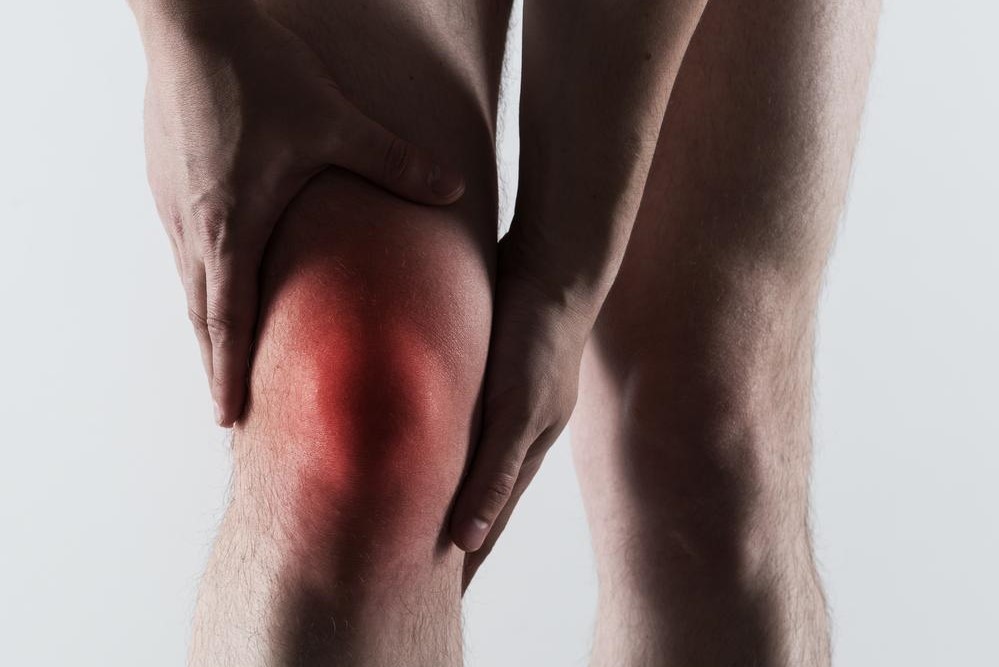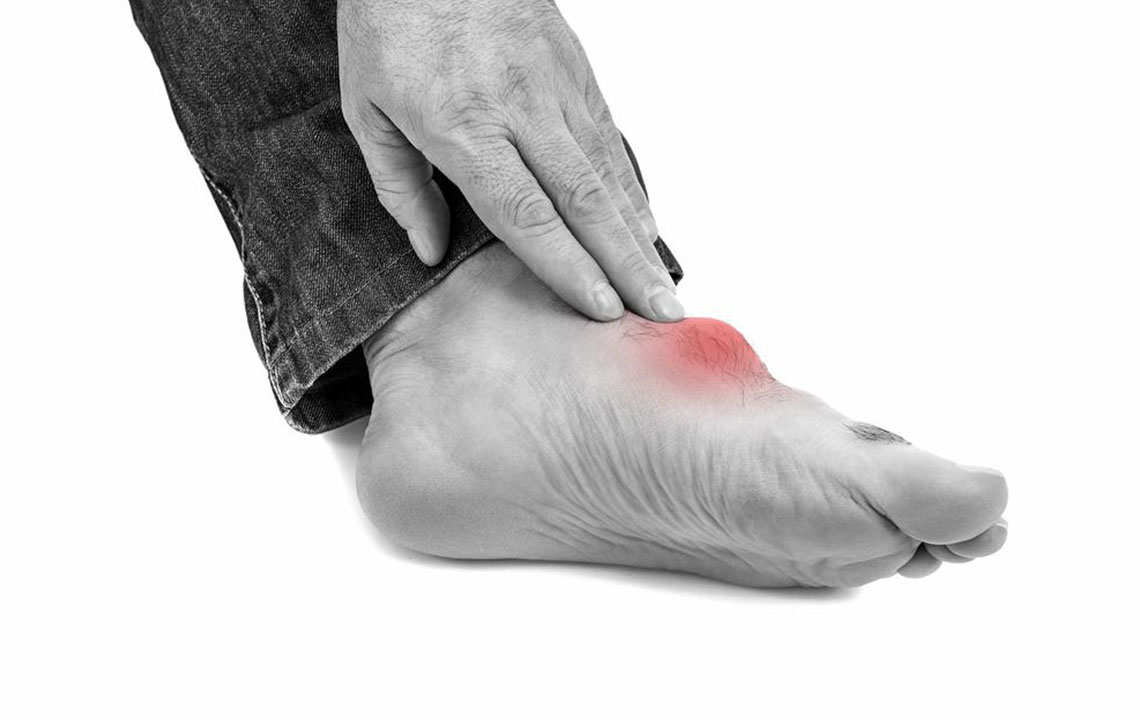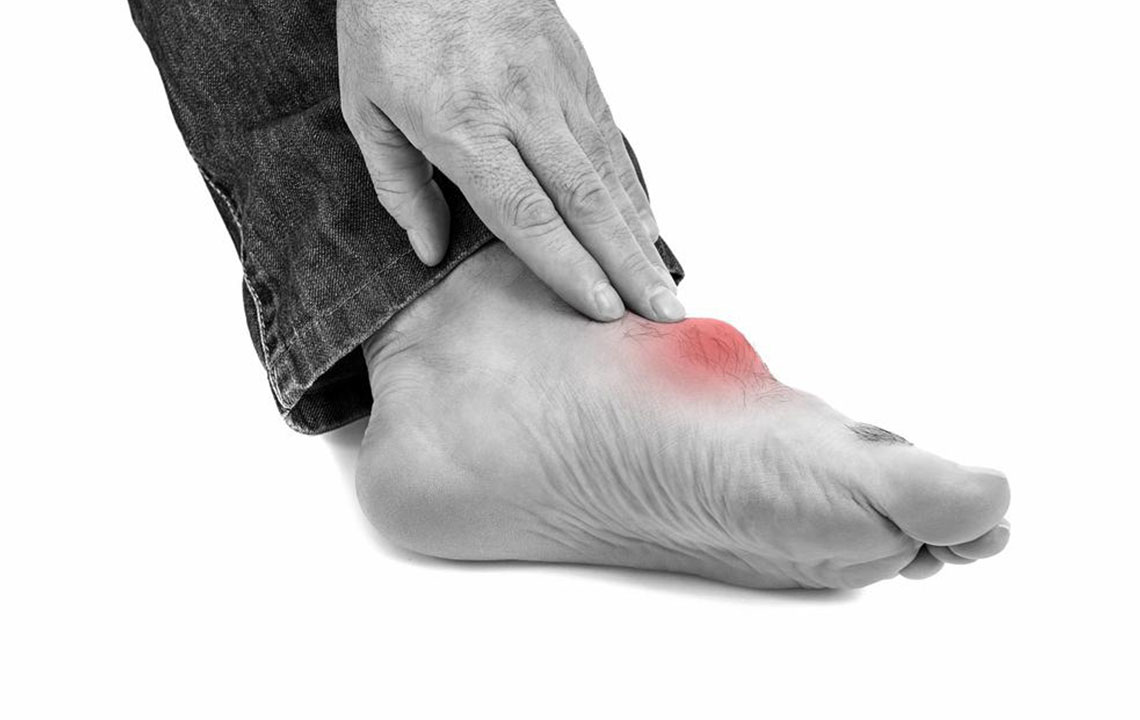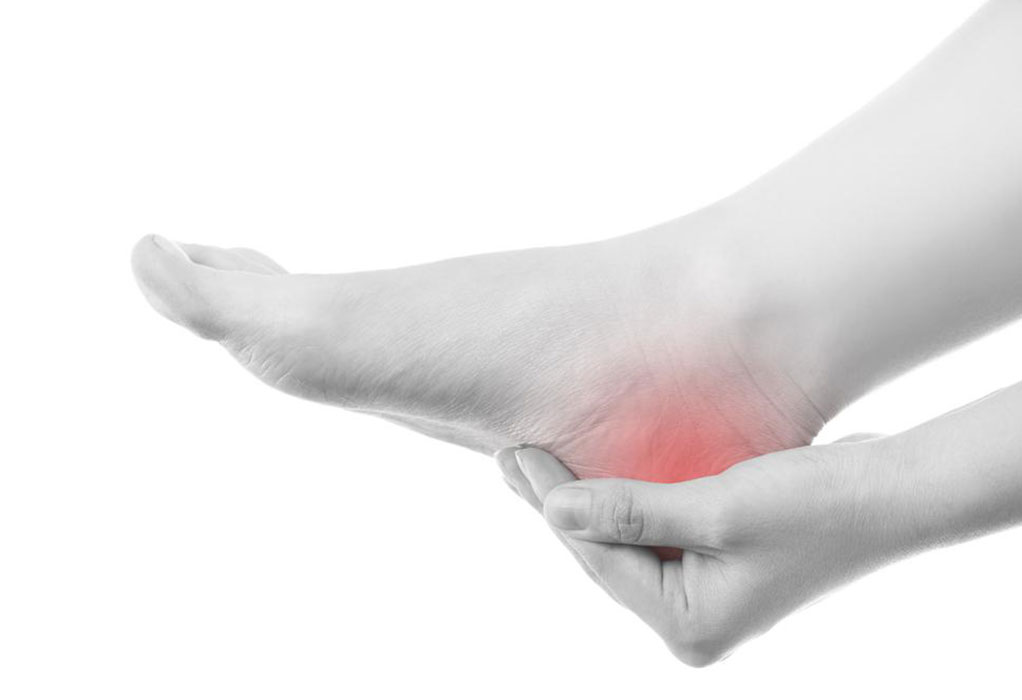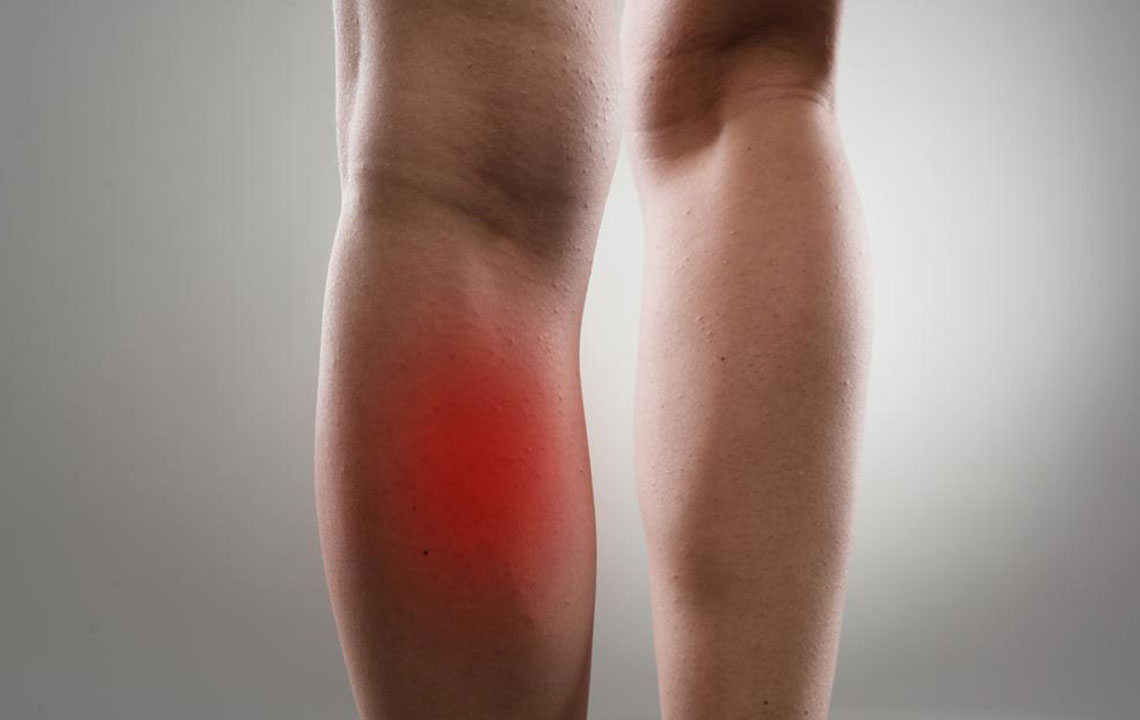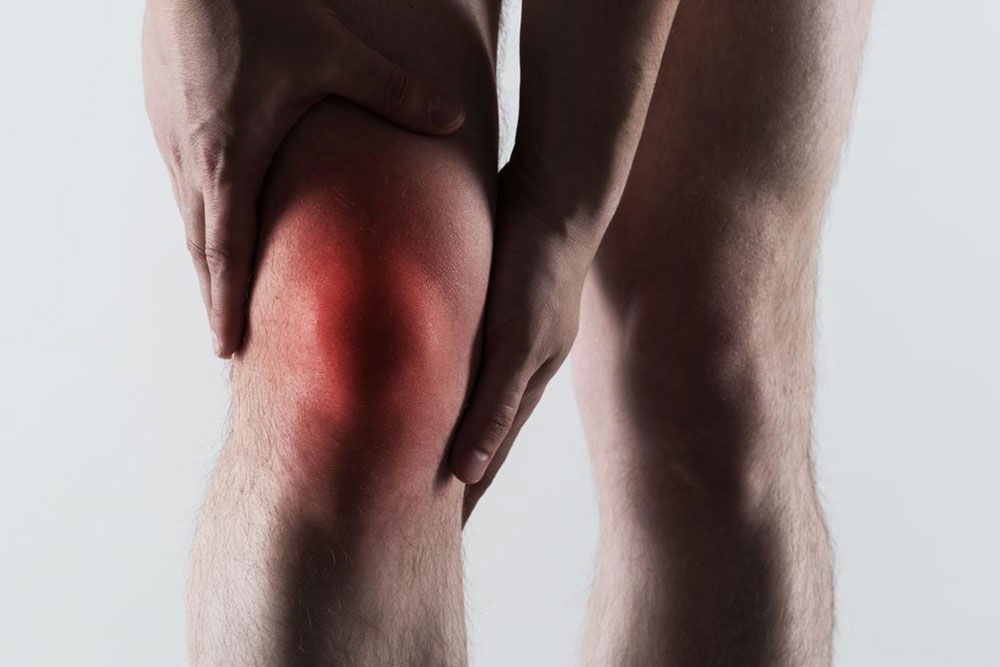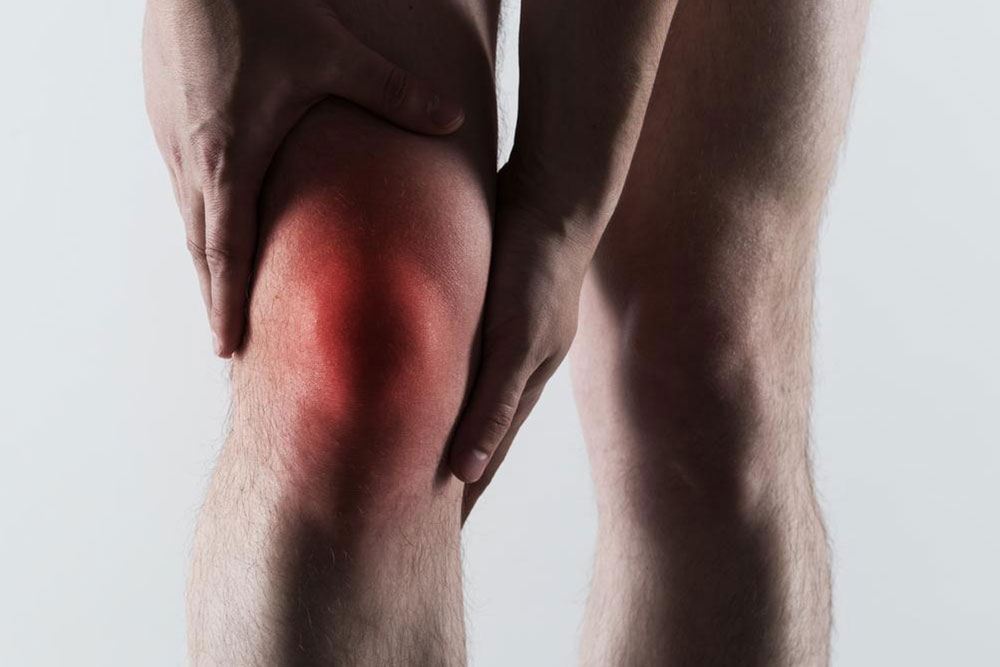Managing Gout Flare-Ups: Effective Treatment Strategies
Learn effective strategies to manage gout flare-ups, including rest, cold compresses, medication adherence, hydration, dietary changes, and weight management. These approaches help reduce pain, prevent recurrence, and avoid complications like joint damage and kidney issues. Consulting a healthcare professional is essential for personalized treatment plans.
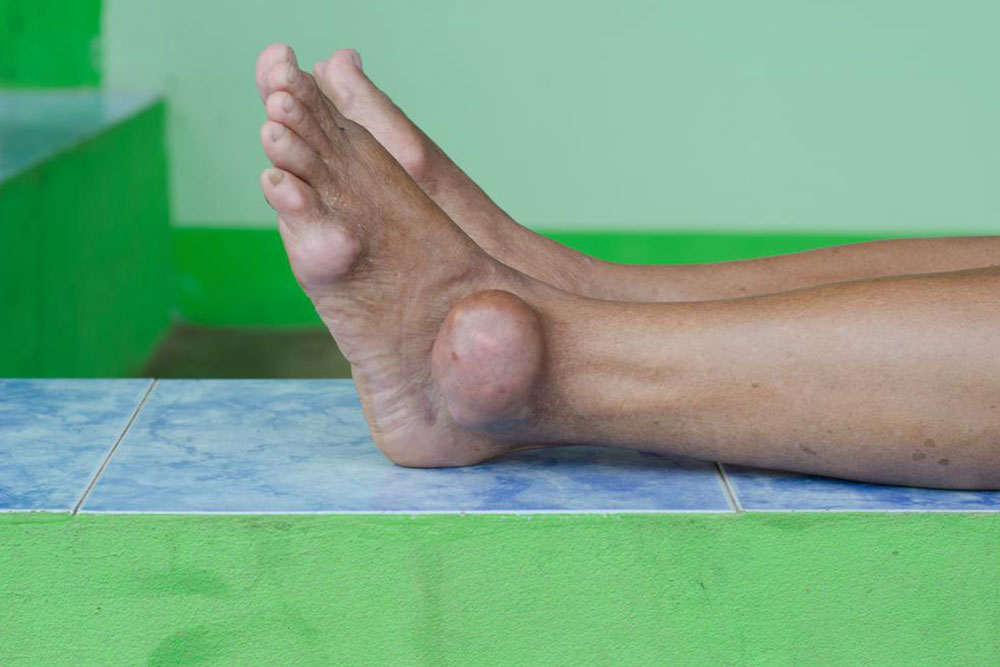
Managing Gout Flare-Ups: Effective Treatment Strategies
Gout is a form of inflammatory arthritis caused by elevated uric acid levels in the bloodstream. This excess acid can crystallize in joints as needle-shaped deposits, resulting in intense pain, swelling, redness, and tenderness. The big toe is the most commonly affected joint, but gout can also impact ankles, feet, wrists, hands, and knees. Gout attacks often occur suddenly, frequently at night. It is more prevalent in men, affecting over 4% of the US population, and can be influenced by genetics, diet, medications, age, and lifestyle choices such as alcohol and soda consumption.
Key Treatment Approaches:
The primary goal of gout management is to alleviate pain and prevent future attacks. Treatment also aims to avoid serious complications like joint damage and kidney issues. Medical intervention combined with home care is essential for effective control.
Popular Treatment Methods Include:
Rest and Elevation: Rest the affected joint during an attack to reduce pain. Adequate rest, together with prescribed medicines, provides relief.
Applying Cold Compresses: Ice packs can help lessen swelling, redness, and pain. Applying ice to the joint can promote faster recovery and comfort.
Proper Medication: Follow your doctor’s prescriptions for pain relief. Avoid drugs high in uric acid, as they can worsen symptoms. Adherence to medication schedules is crucial.
Stay Hydrated: Drinking plenty of water helps eliminate uric acid from the body and maintains overall organ health, reducing attack frequency.
Dietary Adjustments: Limit foods high in purines like liver, dried peas, beans, and alcohol. Lowering purine intake can prevent uric acid buildup.
Maintain Healthy Weight: Achieving and sustaining a healthy weight through regular exercise can decrease the risk of gout attacks.
Note:
This article offers general health information. While informative, it is not a substitute for professional medical advice. Consult healthcare providers for personalized care. The website is not liable for discrepancies or claims made outside this context.

